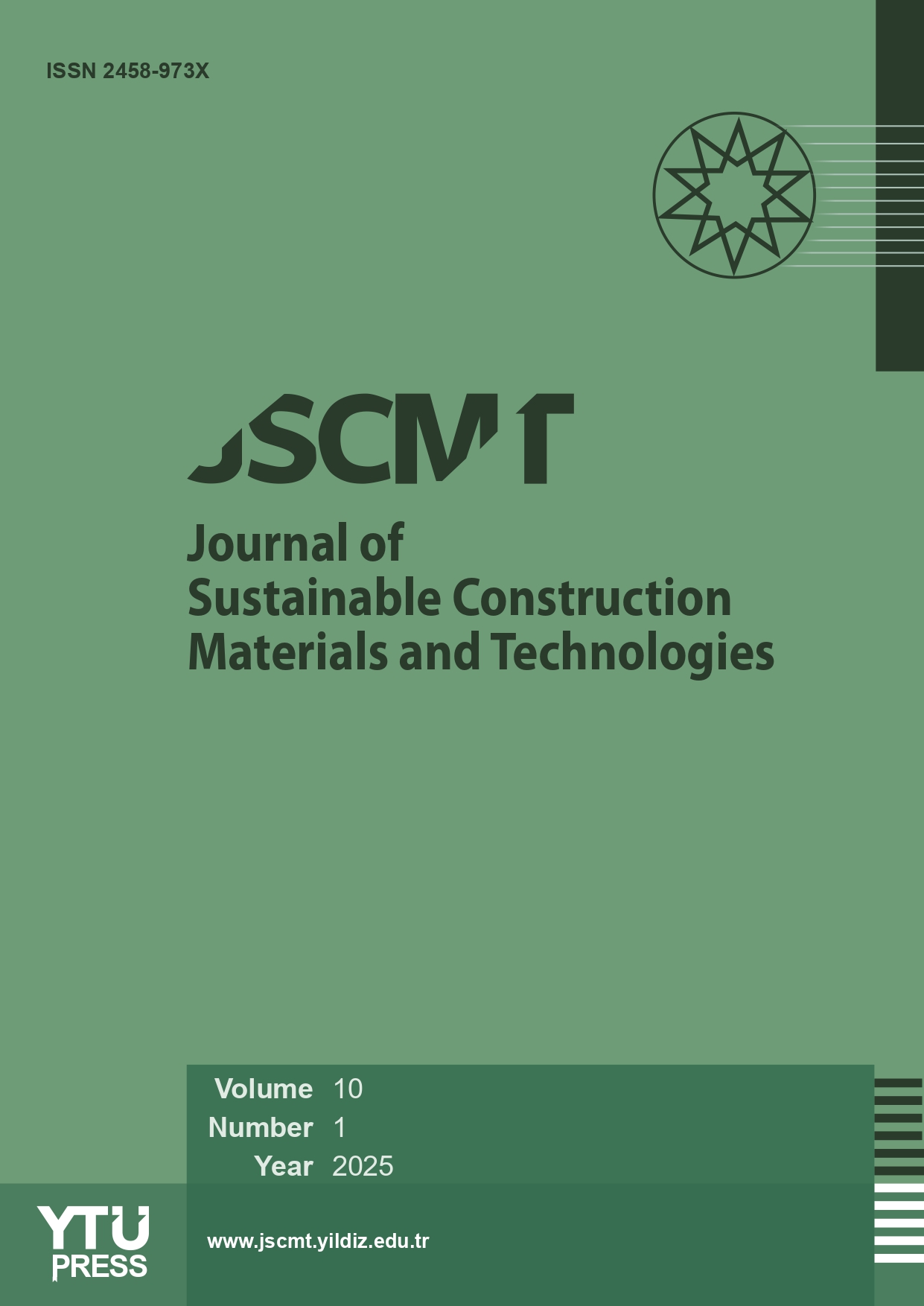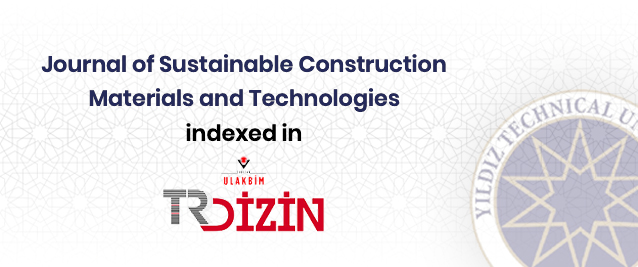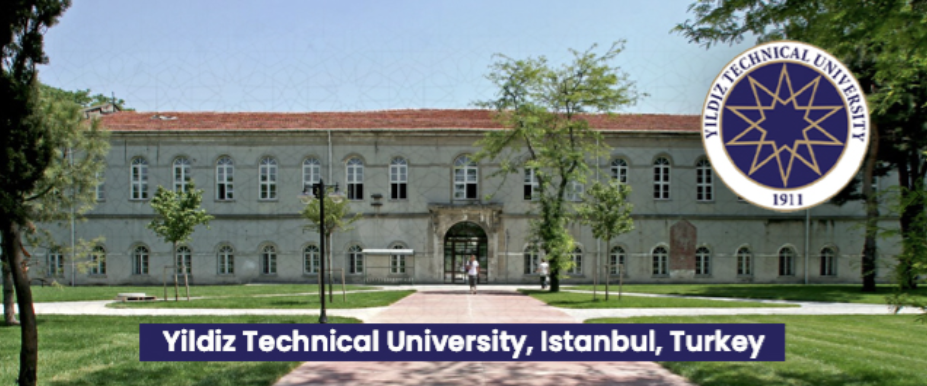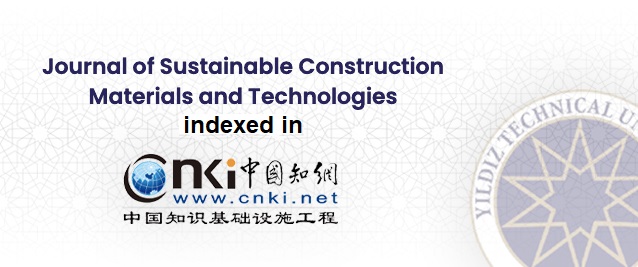2Department of Building, University of Uyo, Uyo Nigeria
Abstract
Construction activities inherently impact the environment, economy and the society positively and negatively. Optimisation of these activities for attainment of sustainable construction and development is very essential. Therefore, this study categorised and evaluated the construction activities necessary for sustainable construction practices in building project delivery. It employed the distribution of questionnaires to the consultants, professional, and building contractors, including the relevant employees of different Government ministries, departments and agencies responsible for the delivery of building projects across the five states of South East Nigeria. Through the application of the relative importance index (RII) analysis, the study revealed that out of the 55 construction activities identified and categorised based on the three key dimensions of sustainable construction, 35 were highlighted to have high important levels with RII value ranging between 0.804 and 0.990; and 20 were found to have high-medium important levels with RII value ranging between 0.602 and 0.794. It further revealed that the five most important construction activities for sustainable construction were: use of naturally occurring building materials (0.990), use of recycled building materials (0.980), non- use of endangered materials (0.973), bioclimatic technology (0.966), and use of renewable resources (0.957) respectively. Interestingly, the result of the average RII of the three main sub-groups of construction activities showed that all the three main sub-groups of environmentally related construction activities (RII = 0.841), economically related construction activities (RII = 0.828) and socially related construction activities (RII = 0.808) respectively were highly important to the attainment of sustainable construction practices. However, the study affirmed the indispensability of environmentally related activities among the tripod of sustainability in the effort towards achieving sustainable construction practices in the building industry, and highlighted the importance of salient activities that must not be ignored by building construction stakeholders in every building project. It therefore, recommended for a departure from the conventional construction practices and motives towards a hybrid construction practices that incorporates elements of sustainability.















